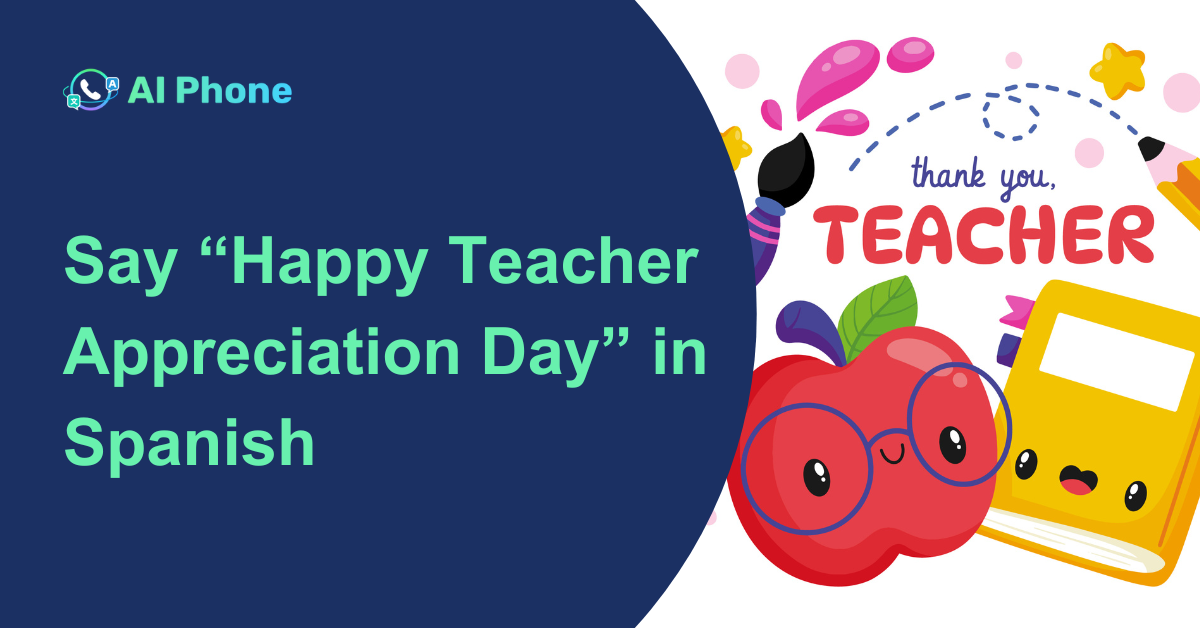Brazil is the largest country in South America—and also the only one where Portuguese, not Spanish, is the official language. Whether you’re planning a short visit or a long-term stay, understanding what language is spoken in Brazil—and how to navigate communication—is essential for daily life, work, and travel.
In this guide, we’ll explore the linguistic landscape of Brazil, real-world challenges non-Portuguese speakers face, and how tools like AI Phone can help you communicate more confidently.
1. Why Language Matters in Brazil
Brazil is culturally rich, but navigating the country without Portuguese can be difficult. From ordering food to talking to local service providers or attending immigration appointments, language is often the main barrier.
Although many assume Brazilians speak Spanish, this is a common misconception. Portuguese is not just Brazil’s official language—it’s a core part of everyday communication, even in tourist areas.
2. The Official Language: Brazilian Portuguese Explained
Portuguese is spoken by over 98% of Brazil’s population, but it’s not identical to the Portuguese spoken in Portugal. Brazilian Portuguese has distinct pronunciation, vocabulary, and grammar.
| Feature | Brazilian Portuguese | European Portuguese |
|---|---|---|
| Pronunciation | Open vowels, softer consonants | More closed vowels, harder sounds |
| Vocabulary | “ônibus” (bus), “trem” (train) | “autocarro”, “comboio” |
| Usage | More informal expressions | More formal structure |
Basic phrases like:
- “Tudo bem?” – How are you?
- “Onde fica o banheiro?” – Where is the bathroom?
- “Você fala inglês?” – Do you speak English?
…will help you get started—but they may not be enough for more complex conversations, especially over the phone.
3. Other Languages Spoken in Brazil
While Portuguese dominates, Brazil is home to over 200 Indigenous languages and some European languages spoken in immigrant communities:
- German & Italian: In parts of the South (e.g., Santa Catarina, Rio Grande do Sul)
- Japanese: São Paulo has the largest Japanese community outside Japan
- Spanish: Spoken by some in border towns, but not widely understood elsewhere
- English: Taught in schools but rarely spoken fluently by the general public
If you’re in a rural area, English comprehension drops significantly.
4. Can Brazilians Understand Spanish or English?
Despite Brazil being surrounded by Spanish-speaking countries, most Brazilians do not speak or understand Spanish fluently. While Spanish speakers may recognize written Portuguese, spoken comprehension is often limited.
As for English, it is taught in schools but not commonly used. According to EF English Proficiency Index (2023), Brazil ranks low in English proficiency globally. You’re more likely to find English speakers in large cities, tourist hubs, or business environments—but rarely in daily interactions.
5. Common Scenarios Where Language Becomes a Barrier
If you don’t speak Portuguese, here are some everyday situations where you might struggle:
- Calling a local plumber, mechanic, or real estate agent
- Scheduling medical appointments
- Communicating with school staff about your child’s education
- Booking transport or checking into accommodation
- Speaking with local vendors or delivery services
These are also the exact moments where real-time voice translation becomes a lifesaver.
6. How AI Phone Helps You Communicate in Brazil
AI Phone is designed for real-world multilingual challenges—especially in places like Brazil where English is not commonly spoken.
Here’s how AI Phone can support you:
✅ Real-Time Phone Call Translation
You can speak in your native language while the other person hears fluent Portuguese—and vice versa. Ideal for:
- Booking local services
- Talking to schools or landlords
- Communicating with clients or coworkers
✅ WhatsApp & WeChat Call Translation
Already chatting on WhatsApp or WeChat? AI Phone can translate both voice and video calls in real time.
✅ Face-to-Face and Image Translation
Out shopping or reading a menu? Use the app’s camera translation to instantly understand Portuguese text—or have live face-to-face conversations translated for you.
7. Conclusion: Navigate Brazil with Confidence
Learning Portuguese takes time. But with tools like AI Phone, you don’t have to delay important conversations just because of a language barrier. Whether you’re calling a doctor, meeting your child’s teacher, or setting up a new business in Brazil—communication shouldn’t be a barrier to building your new life.
Download AI Phone and translate voice, conversations, or images instantly—because in Brazil, speaking the language shouldn’t stand between you and opportunity.

